On Sunday, former Vice President of the country, Atiku Abubakar, won the presidential primaries of the Peoples Democratic Party (PDP) with 1532 votes, beating 11 other contestants. He will thus be the main challenger to incumbent President Muhammadu Buhari in the 2019 elections.
Now, more than ever before, the economy will take the front burner. Inflation is rising, yet growth remains sluggish. Disposal income of the majority of Nigerians is on the decline while wage remains stagnant and unemployment hit record levels.
More than ever before, the 2019 election will be about the economy much as the 2015 election was about insecurity. President Buhari has been on the helm for about 3 years plus and his views and policies on the economy are very well-known. For Atiku, the main contender to the post, his views will be in the spotlight in the months leading to the National Election.
We have heard Atiku speak on several occasions about the economy and in this article, we dive into some of his notable quotes for an insight into how his campaign might shape his economic policies.
Job Creation is a priority
Job creation, according to the former Vice President, will be his priority.
My agenda is centered on jobs. That is what I have been doing for the past 40 years. I am first and foremost an entrepreneur. A job creator. My group of companies has a workforce of about 50,000.
While he may be a successful entrepreneur, Atiku has not given a clear plan on how intends to create jobs, nor how many jobs he intends to create. Creating circa 50,000 jobs is not the same as employing millions of Nigerians, poorly educated in terms of formal and technical education.
President Buhari, on the other hand, has been dismal when it comes to job creation. Though unemployment figures are yet to be published this year, however, the last unemployment rate published in the third quarter of 2017 revealed an unemployment rate of 18.8% one of the highest in recent times.
Small government
In an interview with Reuters, he also advocated for an expansion of the privatization programme to the oil and solid minerals industries.
“I am also going to expand it to include the oil and gas sector which have not been touched at all and other major sectors of the economy like mining, solid minerals,”
In the same interview, he also hinted at what could be a possible downsizing of the civil service or pruning of its running costs.
“I am a strong believer in very, very small government and also the private sector.”
A smaller government may be difficult to achieve in the near term, as the current administration is in the middle of negotiations for an increased minimum wage, which would naturally kick off with the civil service. While the Obasanjo Presidency, made much more progress with privatization than the current government, Atiku who supervised the process was accused of crony capitalism.
It is hard to find any major policy statement from the current government on small government, however recent antecedents suggest the Buhari administration is socialist in its approach to the economy and as such might not be favourably disposed to smaller government.
A business-friendly environment
In a speech delivered at Chatham House, Atiku pledged to create a business-friendly environment, and handover utilized federal assets to the state.
The federal government will create a business-friendly macroeconomic environment, through the pursuit of appropriate monetary and exchange rate policies, to leverage private sector investments, especially in agriculture to promote economic diversification.
In a 2015 policy document titled Building a Nigeria for All, Atiku stated that by 2020 (where he to have been elected President, then)
The Presidency will work with the NASS to introduce unified, simple, transparent, and predictable flat tax rates with clear allocation
formulas for local, state, and federal governments
The Buhari administration made ease of doing business one of its key policy initiatives when it came into power in 2015. Whilst some of its efforts have been laudable, it has faced several bureaucratic bottlenecks impeding its ability to make the business environment less harsh. The more recent regulatory onslaught against mega-multinationals like MTN has also not helped its quest to make the business environment friendlier.
Diversification of the economy
In the same speech, he also advocated for the diversification of the economy away from crude oil revenue.
Indeed, achieving diversification is central to our economic development strategy. Let us begin to visualize Nigeria without oil or one not predominantly dependent on hydro-carbon.
While every administration has trumpeted diversification of the economy, the Nigerian economy is diversified but largely reliant on crude oil for government revenue and a source of foreign exchange.
The Buhari administration’s diversification model has focussed largely on Agriculture. However, not many gains have been made even though this policy might require time to materialize. In terms of other areas such as services and mining, the government has made little to zero gains.
Forex Policy
In the same speech, he disclosed he would push for better management of foreign exchange reserves.
It is also imperative that our foreign reserves and revenue buffers are boosted to insulate the economy against adverse shocks and to strengthen countercyclical fiscal capacity.
He continues
We will streamline the operations of the Sovereign Wealth Fund, the Excess Crude Account and the Stabilization Account which is currently embedded in the Revenue Allocation Formula for more effective stabilization outcomes.
Unless these stabilization vehicles are reshaped Nigeria will continue to be subject to the vagaries of the world oil market.
A floating Naira
Atiku has also advocated for floating the Naira, as it would encourage foreign investors
“I will allow the naira to float because I believe that is one of the ways foreign direct investment can be encouraged to come in,”.
Atiku’s analysis is flawed here. Nigeria has more or less operated a managed or dirty float in the last ten years.
What has differed in each regime was the availability of foreign exchange reserves when there were oil shocks as well as the degree exchange rate controls are applied in such situations. FDI inflows are largely dependent on a stable policy environment.
President Buhari is vehemently against floating the naira leading to a creation of multiple exchange rate improvision by the CBN. This has stabilized the exchange rate in the past 18 months but critics believe this is unsustainable particularly if we experience another oil price shock.
To get an insight into how Atiku thinks, here is a summary of his manifesto when he contested in the primaries under APC in 2015.
Within the first 100 days, the Federal Government will:
The Presidency through the FMF and FMTI instruct MDAs (and prepare relevant legislation) to make sure that:
i. Consult the private sector on economic policy and business regulation
ii. private sector insights and inputs inform economic policy and business regulations consultation processes are open and transparent
iii. the business costs of new rules and regulations are commensurate with the expected social etc. benefits
Within one year, The Presidency through the FMF prompt legislators and MDAs to improve the business environment by:
i. tasking independent auditors with the compilations of business friendly scorecards of legislators and Dgs
ii. Introducing business impact assessments iii.pledging to veto all (business related) legislation and regulation that does not pass a rigorous business impact assessment
Within two years, ·
The Presidency through the Federal Ministry of Finance (FMF) will help businesses focus on doing business by:
i. working with state governments to inventorise and harmonize business taxes, levies, and fees cutting the number of federal levies, and fees
ii. Streamlining Federal, States and Local Government (3G) taxes, levies, and fees iii.simplifying tax filings iv.creating a transparent corporate tax register v. phasing out special purpose funds that tap private donations to provide public services
Within four years, · The Presidency, through the Federal Ministry of Trade and Investment (FMTI) will encourage international trade by:
i. creating more robust product standards and certification procedures
ii. Boosting non-oil exports
iii.streamlining customs procedures (by creating an SME-compatible single window)
iv.f a s t – t r a c k i n g p o r t a n d a i r p o r t construction/expansion projects
v. facilitating the construction of dry ports with appropriate hub and spoke transport links etc. vi.creating an (agile, accessible, and transparent) SME-focused Export Support and Insurance Agency
By the year 2020, · The Presidency will work with the NASS to introduce unified, simple, transparent, and predictable flat tax rates with clear allocation formulas for local, state, and federal governments


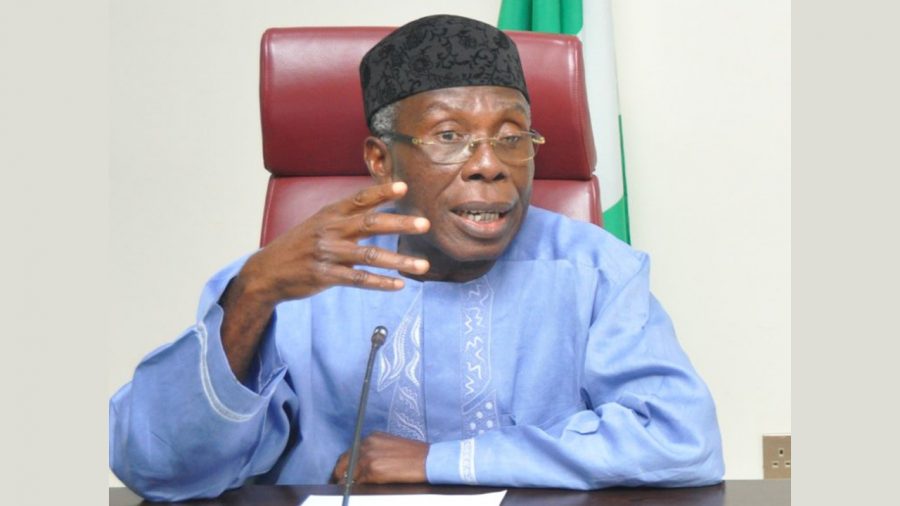





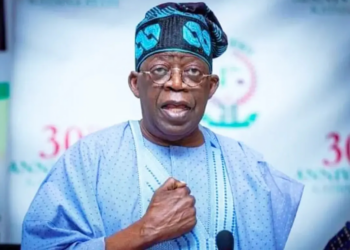
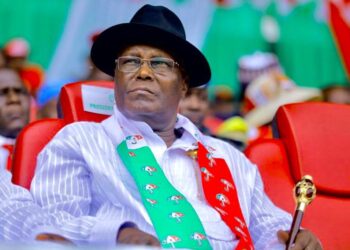

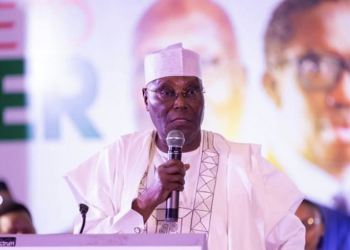
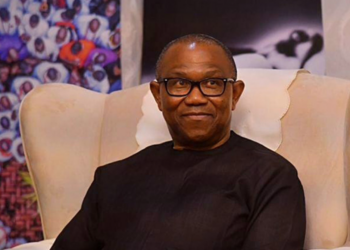
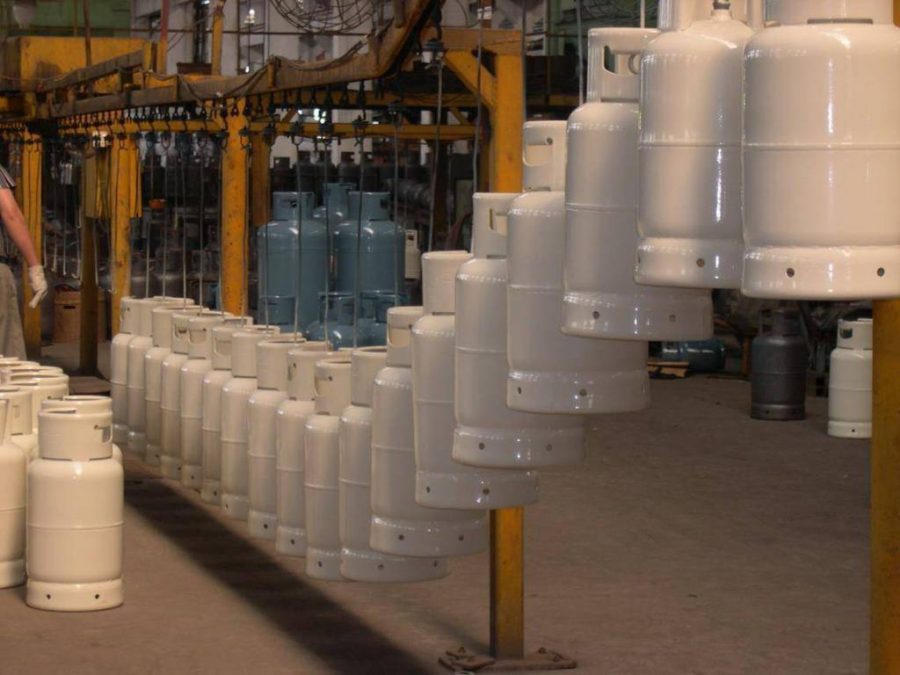










m.. m..sometimes we do have high hope for Nigeria,reading atiku economic plan,it will get worse in Nigeria.create 50,000 job,when the economy lost about 2 millions job in this recession,he said he will float the naira to encourage foreign investors into Nigeria.if mr atiku carries his programme,we can forget Nigeria as a country,not to talk about Nigeria’s unity.
he was the former managing director of npa or does he not ?,and his company partnered with some Europeans milking npa or sucking the blood of Nigerians at the detriment of Nigeria,which t this govt have cancelled his contract,this is why he left apc.atiku have nothing new to offers Nigeria and Nigerians
he built an university and call it American university in Nigeria,an American cannot do better than atiku,he is promoting foreign interest and hidden agenda in Nigeria.May God saves us from atiku